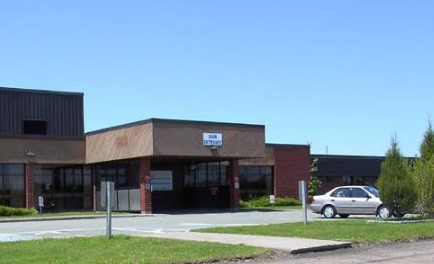Nova Scotia Health is currently facing significant challenges, reporting 11 service disruptions throughout the province due to difficulties in retaining doctors amid an increasing healthcare demand. This issue is most glaringly manifested in the emergency room (ER) closures, with eight out of the province’s 37 ERs unable to provide service.
Despite a reported 35 percent reduction in ER closure hours in January, rural areas continue to be heavily impacted, indicating a persistent problem in accessing necessary healthcare services. This situation comes to a head as Canada's health ministers convened in Halifax at the end of January to address the critical gaps in the nation's healthcare system.
A detailed report highlighted a staggering deficit of 22,823 in the supply and demand for family physicians across Canada, with only about 1,300 new graduates entering the workforce annually. The report's findings resonate strongly with the situation in Nova Scotia, where over 145,000 residents, accounting for over a tenth of the population, are currently without a family doctor as of October 2024.
The healthcare crisis in Nova Scotia is not an isolated incident; it reflects a more extensive issue experienced across the country. For instance, the emergency room in Delta, British Columbia, was closed overnight from August 4 to 5, leading to immense backlash from local officials, including the city’s mayor, George Harvie. Mayor Harvie emphasized the need for consistent access to healthcare for the residents of Delta, criticizing the on-the-spot closures as intolerable.
Delta South Member of the Legislative Assembly (MLA) Ian Paton echoed these concerns, particularly highlighting the challenges faced in rural areas where healthcare access is already limited. Paton described the lack of a backup plan for ER departments as unacceptable and expressed frustration with the provincial government's slow response to address these issues.
In contrast, Nova Scotia is taking a more proactive approach to its healthcare staffing crisis. Nova Scotia Health has indicated that the province is implementing financial incentives alongside streamlined licensing processes. These measures have reportedly resulted in a net gain of 187 doctors between April 1, 2024, and March 31, 2025, showcasing a strategic move to bolster the medical workforce in a bid to meet the rising healthcare demands.
As the healthcare landscape continues to evolve, the situation in Nova Scotia serves as a critical reminder of the ongoing challenges faced by health systems across Canada. With a notable deficit in healthcare personnel and significant and unaddressed service disruptions, the emphasis on effective recruitment and retention strategies is more vital than ever.











